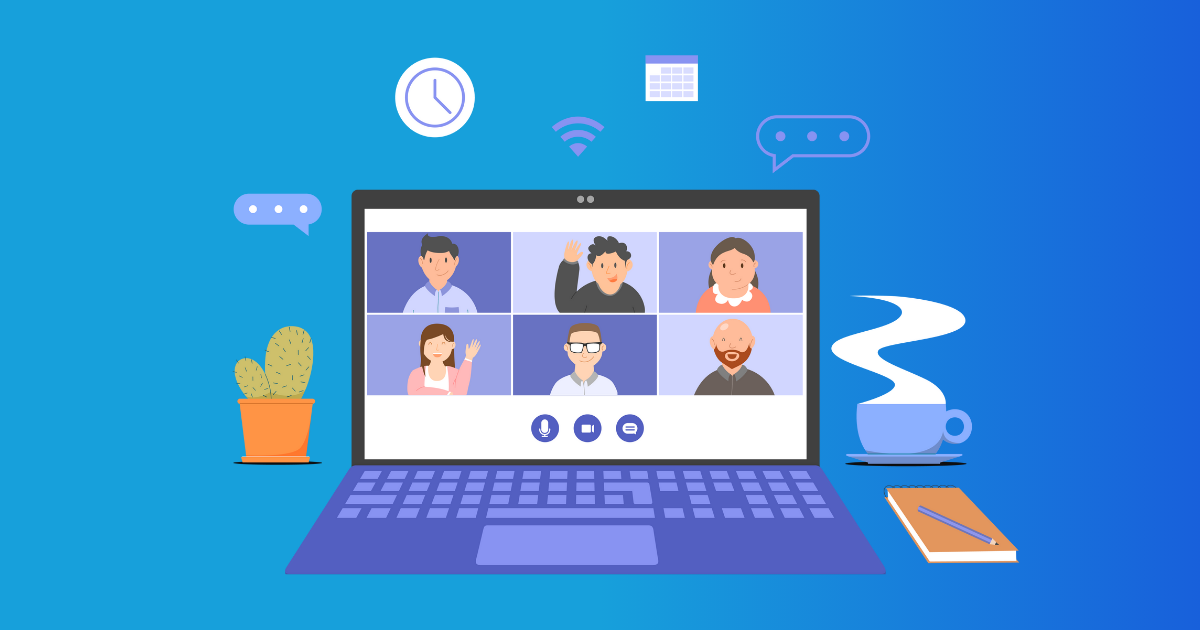Table of Contents
- Understanding Why Recording Downloads Fail in Jitsi Meet
- Common Recording Failure Scenarios
- Step-by-Step Troubleshooting Guide
- Step 1: Verify Your Jibri Service is Running Correctly
- Step 2: Confirm Disk Space and File Permissions
- Step 3: Review Jibri Configuration Files
- Step 4: Monitor Jibri’s Resource Usage
- Step 5: Check Network and Firewall Settings
- Step 6: Update Jitsi and Jibri to Compatible Versions
- Step 7: Use the Jibri Debugging Script
- Real-World Case Study: Fixing a Jibri File Missing Issue
- Best Practices to Prevent Recording Download Failures
- Security and Reliability Considerations
- Conclusion
Ever find yourself battling with Jitsi Meet recordings that just won’t download? Yup, you’re not alone. It’s pretty frustrating when those important meeting videos go poof. This guide is here to walk you through the usual culprits like jibri download errors, missing files, and more. Whether you’re a seasoned techie or just starting with Jitsi, I’ve got you covered with some simple, straightforward fixes.
Understanding Why Recording Downloads Fail in Jitsi Meet
First things first, let’s dig into why Jitsi recordings sometimes act up. Jitsi Meet uses a nifty tool called Jibri to handle the recording. Think of it like your digital VCR but for video meetings. Jibri captures everything and saves it for later, either right on your machine or wherever you’ve pointed it to go.
Common Recording Failure Scenarios
- Jibri download error: This little gremlin pops up when something stops the recorded file from downloading properly.
- Jitsi record fail: A more generic error, often tied to Jibri misbehaving or not being in the best environment.
- Jibri file missing: Happens when the recording either didn’t save right or got lost on its way to you.
Usually, these hiccups come from setting mistakes, running out of space, or permission mishaps on your end. Sometimes, your network connection might even play a part.
Step-by-Step Troubleshooting Guide
Step 1: Verify Your Jibri Service is Running Correctly
Start by checking on Jibri since it’s the one handling recordings.
-
Check Jibri logs
Peek into the logs located at/var/log/jitsi/jibri/for any hints about what went wrong.sudo tail -f /var/log/jitsi/jibri/log.0.txt -
Confirm Jibri is active
Use this command to see if Jibri is alive and kicking:sudo systemctl status jibriIf it’s not, give it a kick to restart:
sudo systemctl restart jibri
Step 2: Confirm Disk Space and File Permissions
Video recordings need a ton of space. Running out could spell trouble.
-
Check your disk space like this:
df -h -
Ensure the recording folders have the right perks:
ls -la /srv/recordings/ -
Double-check that the Jibri user can write to those spots.
Step 3: Review Jibri Configuration Files
Jibri uses its config files like a map to know where to save stuff.
-
Look for those in
/etc/jitsi/jibri/config.json. -
Make sure
recording_directoryis pointing to a valid place. -
Check any cloud storage settings if that’s your thing.
-
Here’s a sneak peek at a snippet:
{ "recording_directory": "/srv/recordings", "finalize_recording_script_path": "/path/to/finalize.sh" }
Paths off? Adjust them to keep the recording process smooth.
Step 4: Monitor Jibri’s Resource Usage
Jibri needs enough juice to keep running. If it’s strapped for resources, things might go wrong.
-
Keep an eye on its CPU and memory:
top -u jibri -
If things are tight, consider scaling up or limiting recordings.
Step 5: Check Network and Firewall Settings
Jibri needs a clear line to communicate. Without it, downloads can fail.
- Make sure the ports Jitsi and Jibri need are open.
- Test connections between servers with
pingortelnet. - Review firewall settings on both ends.
Step 6: Update Jitsi and Jibri to Compatible Versions
Old software can trip you up. Make sure everything’s up-to-date.
-
Check Jitsi and Jibri versions against recommendations.
-
If needed, update both like so:
sudo apt update sudo apt upgrade jitsi-meet jibri
And don’t forget to restart when you’re done.
Step 7: Use the Jibri Debugging Script
Try the built-in test script to see if Jibri’s hanging tight.
- Fire up
test.shin/usr/share/jitsi/jibri/scripts/to simulate records. - Figure out if it’s a Jibri thing or something else entirely.
Real-World Case Study: Fixing a Jibri File Missing Issue
A client was tearing their hair out over missing files. Turns out, they were just short on space.
-
Their hard drive was packed with old stuff.
-
Jibri couldn’t squeeze the new file in.
-
Solution? A cron job to tidy up every 30 days:
0 2 * * * find /srv/recordings -type f -mtime +30 -delete
Clear the clutter, and voilà! Recordings started to download like they should.
Best Practices to Prevent Recording Download Failures
- Keep an eye on your storage and server resources.
- Schedule regular clean-ups for old recordings.
- Stay current with software updates.
- Ensure tight permissions and safe network settings.
- If you’re heavy on recordings, maybe set up a few Jibri backups.
- Document everything and perform regular tests.
Security and Reliability Considerations
Data security’s a big deal with meeting recordings. Make sure your setup aligns with privacy policies:
- Go for encryption if you can.
- Lock down recording locations.
- Back up recordings to keep them safe.
- Protect and keep recording URLs under wraps.
Building a secure and reliable Jitsi environment isn’t just good for peace of mind, it’s essential for trust.
Conclusion
Sorting out those pesky Jitsi recording download failures usually means giving Jibri a second look. From making sure it’s running right to having enough resources and being set up correctly, this guide covers all bases. Real-life examples show how simple missteps, like running out of space, often cause these issues. By following these actionable solutions, you can get back to smooth recording and reliable Jitsi Meet sessions.
If you’re still stuck after trying these suggestions, the Jitsi community’s there to help!
Found this guide handy? Share it with anyone else dealing with Jitsi recording headaches. Want more tips? Follow along for more on optimizing your video conferencing experience.
Need a hand? Send over details about your setup, and I’ll pitch in with some tailored advice.
FAQ
Failed downloads usually result from issues with Jibri, such as <a href='https://jitsi.support/wiki/setting-up-jibri-jitsi-guide/#what-is-jibri'>jibri download error</a>, jibri service failures, or missing recording files.
Check Jibri service status, verify disk space, ensure proper permissions, and review configuration files to fix <a href='https://jitsi.support/wiki/setting-up-jibri-jitsi-guide/#what-is-jibri'>jibri download errors</a>.
Recordings can fail due to problems with Jibri setup, network interruptions, or insufficient system resources during recording.
Ensure that Jibri completed the recording properly and the output path is accessible; reconfigure recording paths if necessary.
Using third-party recovery tools depends on your security policy; it's safer to fix Jibri setup and prevent issues rather than rely on external recovery.


